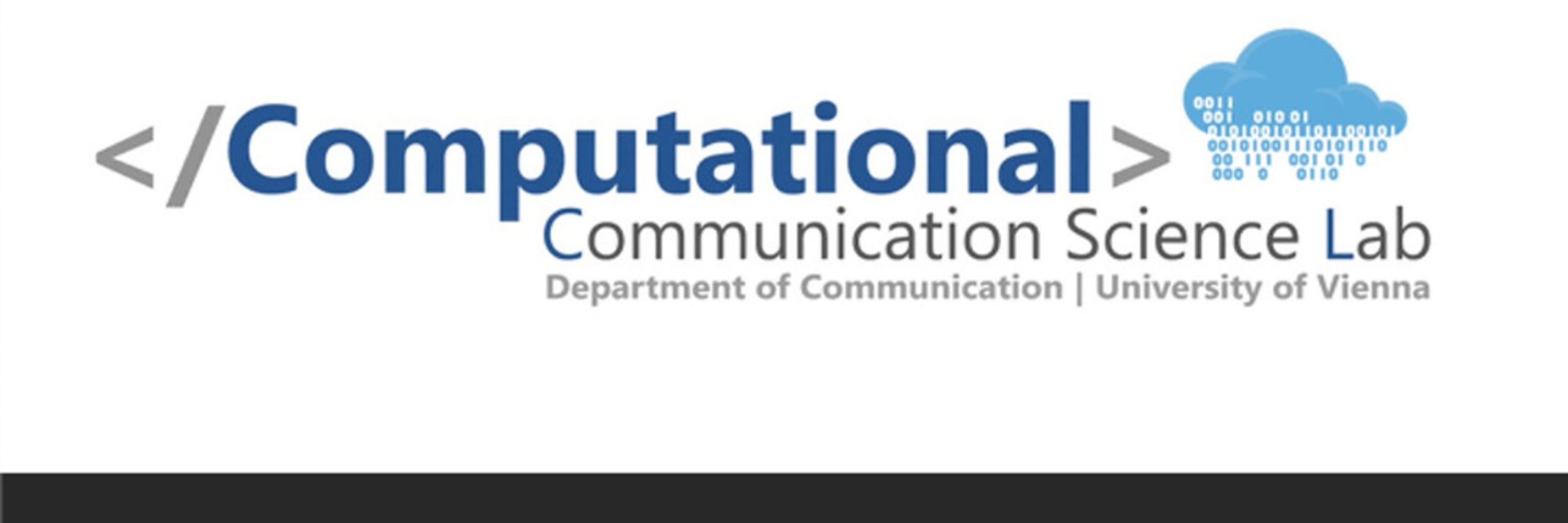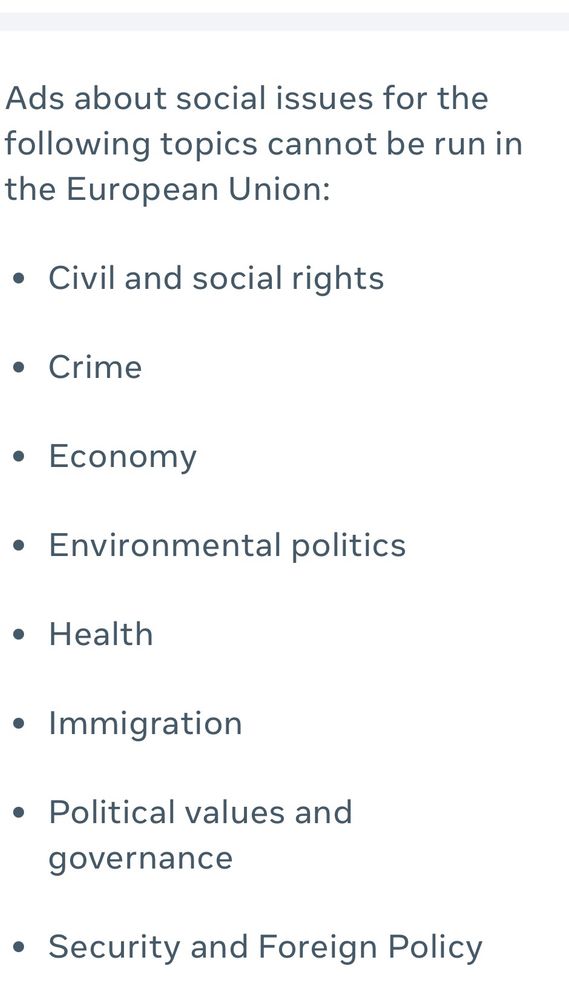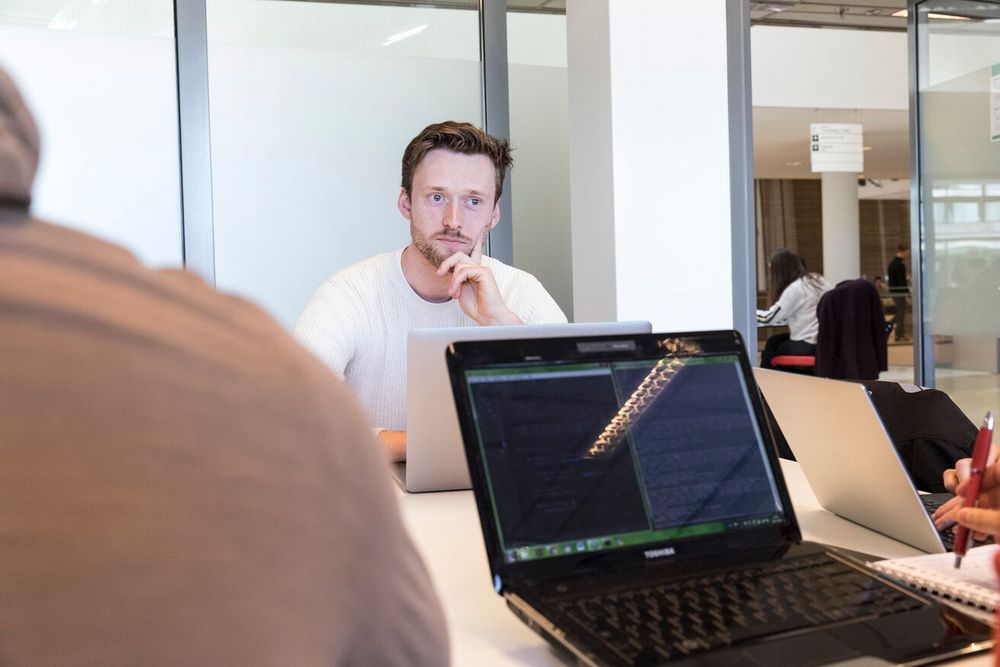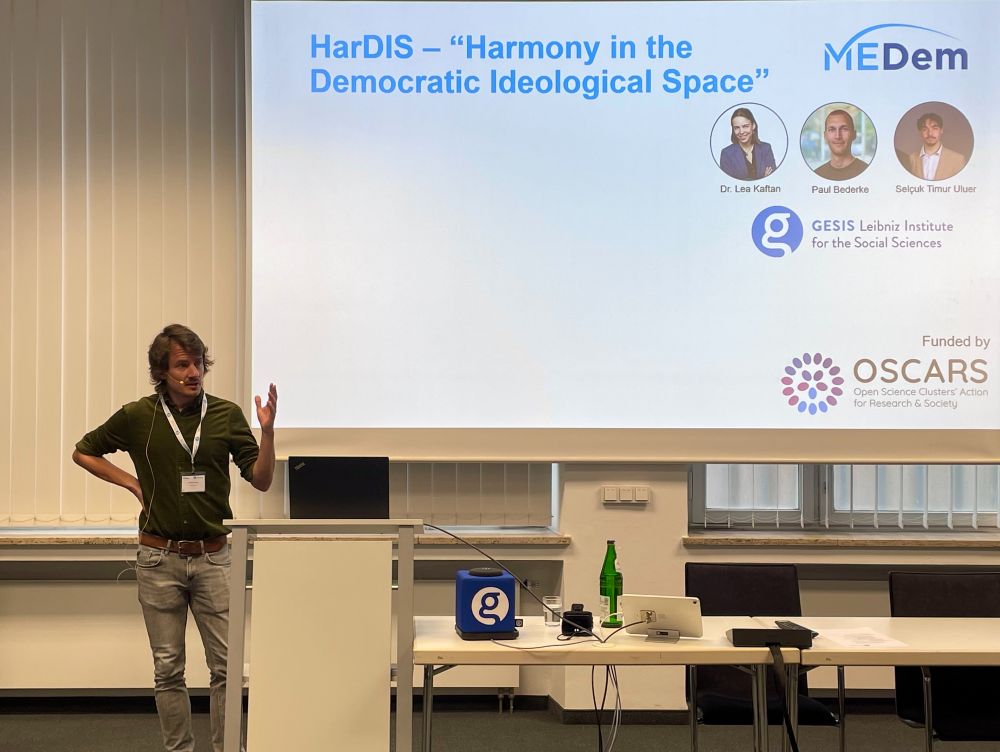Computational Communication Science Lab (CCL)
@compcommlab.bsky.social
1.5K followers
450 following
85 posts
Research Unit, @univie.ac.at | understanding (un)mediated communication behavior using computational approaches in a social science framework
Posts
Media
Videos
Starter Packs
Pinned
Reposted by Computational Communication Science Lab (CCL)
Reposted by Computational Communication Science Lab (CCL)
Reposted by Computational Communication Science Lab (CCL)
Reposted by Computational Communication Science Lab (CCL)
Reposted by Computational Communication Science Lab (CCL)
Reposted by Computational Communication Science Lab (CCL)
Reposted by Computational Communication Science Lab (CCL)
Reposted by Computational Communication Science Lab (CCL)
Reposted by Computational Communication Science Lab (CCL)
MEDem
@medem.bsky.social
· 11d

Open science in democracy research: the research infrastructure “Monitoring Electoral Democracy” (MEDem) - European Political Science
Ensuring universal access to scientific research and upholding the principles of keeping data findable, accessible, interoperable, and reusable is of paramount importance to the democratization of science. However, upholding these principles becomes increasingly complex with the increasing scope of data collection, the more different types of data we collect (e.g., survey, text, or institutional and country-level macro data), and the more research teams are involved in data collection. In the domain of democracy research, scientists across Europe are therefore joining forces to launch the research infrastructure monitoring electoral democracy (MEDem), which aims to establish itself as an open platform where the fragmented crowd of researchers in the various research fields can coordinate and develop common standards for data collection both retrospectively as well as prospectively to make their data interoperable, and (comparative) democracy research more productive. Moreover, MEDem will help make democracy research data and findings accessible to the general public (e.g., citizens, journalists, and policymakers).
doi.org
Reposted by Computational Communication Science Lab (CCL)
Reposted by Computational Communication Science Lab (CCL)
Reposted by Computational Communication Science Lab (CCL)
Reposted by Computational Communication Science Lab (CCL)
Reposted by Computational Communication Science Lab (CCL)
Reposted by Computational Communication Science Lab (CCL)
Reposted by Computational Communication Science Lab (CCL)
Reposted by Computational Communication Science Lab (CCL)
Reposted by Computational Communication Science Lab (CCL)
Reposted by Computational Communication Science Lab (CCL)
Reposted by Computational Communication Science Lab (CCL)
Reposted by Computational Communication Science Lab (CCL)

























